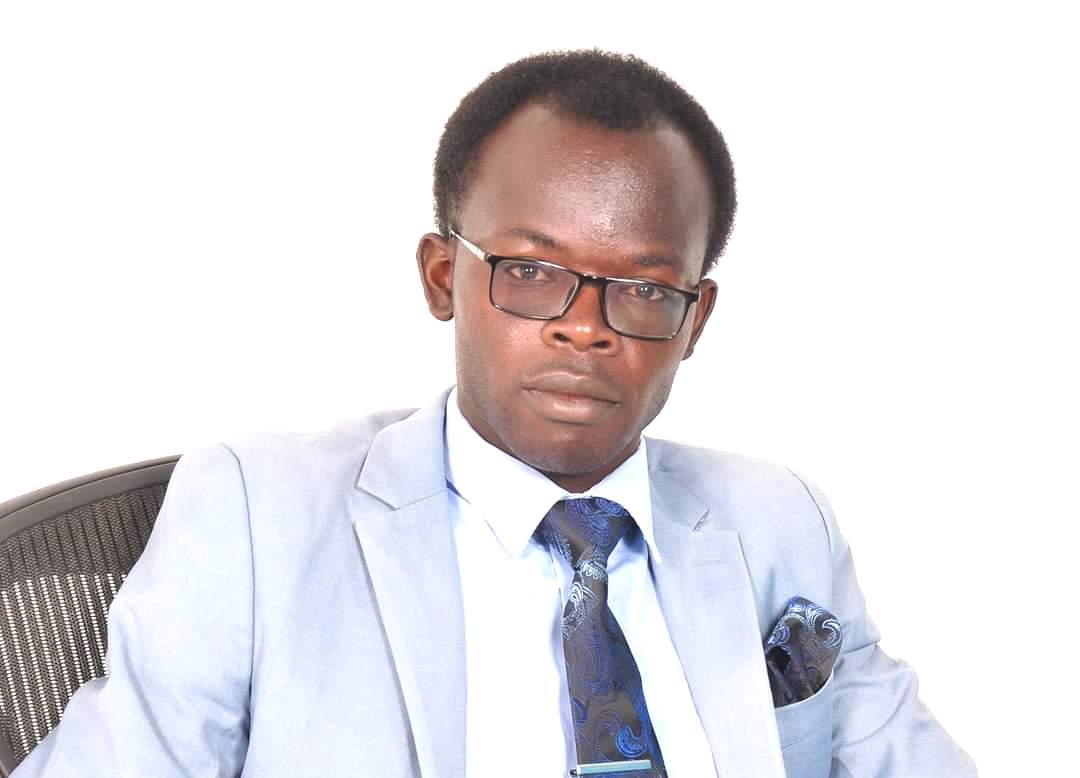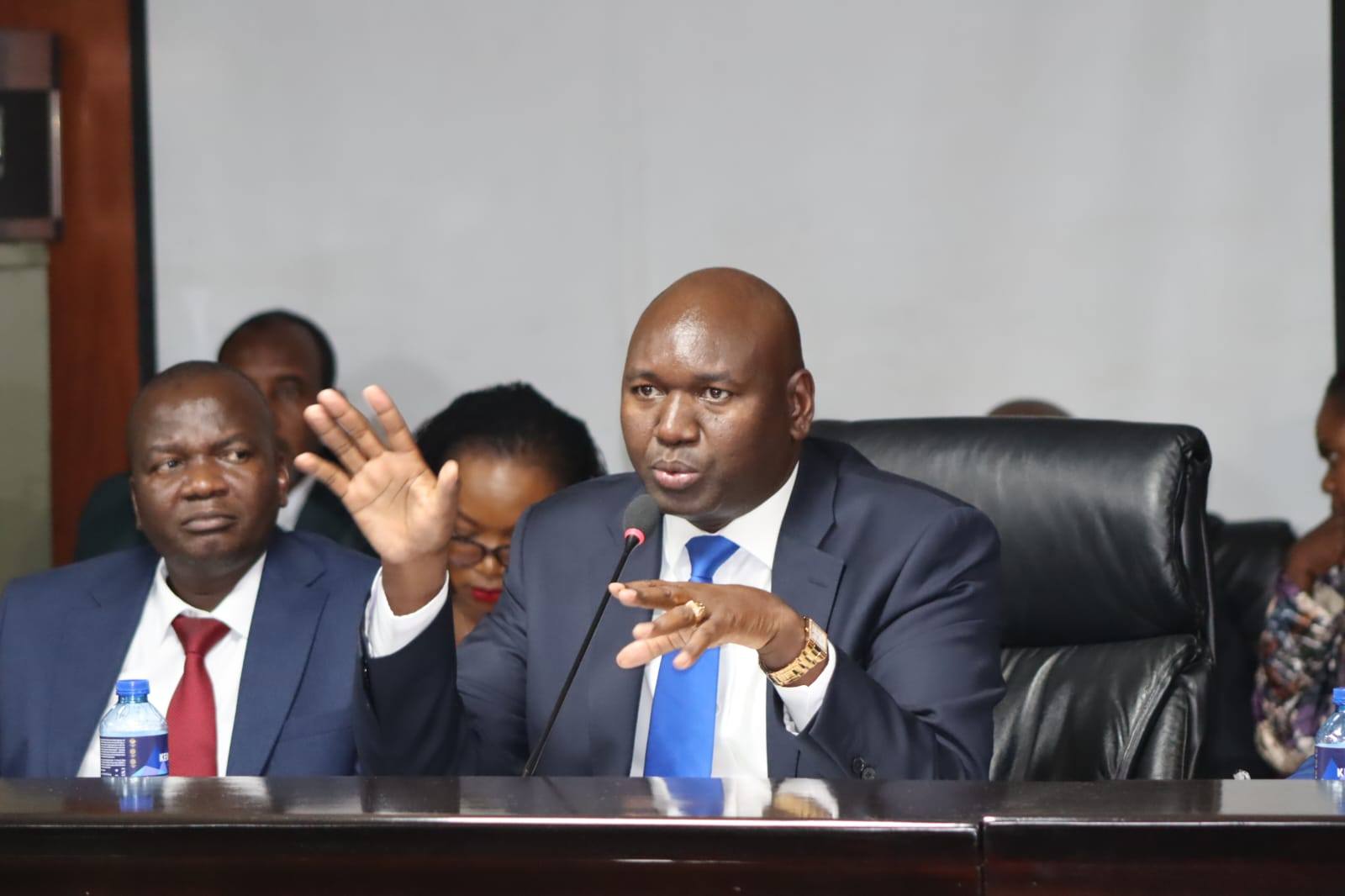Robert Kiyosaki is a reputed American author with over twenty books under his belt.
I came to discover his unputdownable self-help books when I was already in the world of work: trying to eke out a decent living.
I wish I read his heroic books while I was still a student tracing his true north in secondary school. Perhaps, today, as I sit to weave these wise words, I would be better and smarter on matters money management.
Somehow, by the time I started accessing his best-selling books, I had secured formal employment and started venturing into private practice.
In retrospect, reading every brilliant thought penned by this awesome author honed my pecuniary skills.
More so in my work as a professional trainer, writer, editor and orator.
This piece, permit me to focus only on three tantalizing titles.
I gained interesting financial information when I read: Rich Dad, Poor Dad. It whetted my fat appetite about bright-eyed insights found in good books.
So, I scouted for the next text: Why A Students Work for C Students and B Students Work for the Government.
Then, the Cashflow Quadrant followed suit.
Rich Dad, Poor Dad, is about two dads: a rich one and a poor one. The poor dad was highly educated.
He completed four years of his undergraduate studies.
Then, enrolled for further studies, all on a full financial scholarship.
On the contrary, the rich dad’s education was modicum.
Actually, the two dads were illustrious in their careers.
They toiled and moiled their entire life. They both earned substantial income. Yet ― it is sad to state that the poor dad in most cases was in the financial doldrums.
He died debt-ridden.
Conversely, the rich dad was opulent and awash with cash. When his time to rest came, he left a lot to family, charity and church.
Interestingly, Robert received pieces of advice from both dads, but the counsel was not common.
Both dads believed in education but did not recommend the same course of study.
The penurious dad focused more on formal education, while the rich one saw some sense in financial education.
Indeed, it mirrors our situation on this side of the sea.
We hope that CBC will seal this yawning gap and crying cracks.
Robert Kiyosaki saw it: Financial literacy is missing in most of our education systems. Schools hardly teach our children matters of money management.
Instead, the focus is on scholastic and professional skills.
This answers the question of why our book-smart doctors, bankers and accountants, who perhaps were even valedictorians, struggle financially throughout their lives.
Arguably, we can also attribute our huge national debt to educated politicians, government officials and policy formulators, who make key financial decisions with scant information on financial intelligence.
Consequently, in Why A Students Work for C Students and B Students Work for the Government, the author opens it with the winsome words of Albert Einstein:
“Everybody is born a genius. But if you judge a fish by its ability to climb a tree, then it will live its whole life believing that it is stupid.”
With crystalline clarity, the text is saying that children are not the same.
Therefore, this craze about baseless competition and ranking raises eyebrows. Sadly stated, they lead to cheating that compromises national examinations.
Back to the heroic book, the author posits: ‘A’ students are academics.
‘B’ students are bureaucrats while ‘C’ students are capitalists.
Mostly, our schools do not endeavor to train ‘C’ students to be capitalists in nature. Yet, some average students become entrepreneurs.
In most cases, they carry the torch of capitalism and create jobs.
Ironically, some of them end up employing ‘A’ and ‘B’ students.
If you think that my pen is peddling bare-faced lies, then embark on a fact-finding mission. You will later laud my effort in various writing spaces.
Ostensibly, most of our ‘A’ and ‘B’ students matriculate into Ivy League universities. They graduate with sterling degrees from those fountains of knowledge.
They begin climbing corporate ladders as employees, not as employers.
Somewhat, ambitious ones amount to CEOs of blue-chip companies such as Safaricom. They become Managerial Capitalists, rather than true capitalists.
Again, our schools train students to be just employees. There is a rarity of core competencies that prepare graduates to engage in job creation. Sometimes, parents are also lost in this welter-like water.
Some compel children to go to school and get jobs with fat salaries. Some parents hardly implore their children to go to school, and later create jobs.
Finally, it drives us to different paths students can pick. The most important thing students should know is this: Finding a personal path in life, is the real deal.
Finding the path means knowing the real reason for existence: Purpose.
Quote he, the Vietnamese monk, Thich Nhat Hahn: “The path is the goal.” Based on that, Cash flow focuses on four quadrants worth exploration: ‘E’ for employment, ‘S’ for small businesses, ‘B’ for big businesses and ‘I’ for investment.
By Victor Ochieng’
The reviewer is an editor, author, trainer and peripatetic speaker.
vochieng.90@gmail.com. 0704420232
Get more stories from our website: Education News
To write to us or offer feedback, you can reach us through: editor@educationnews.co.ke
You can also follow our social media pages on Twitter: Education News KE and Facebook: Education News Newspaper For timely updates.






